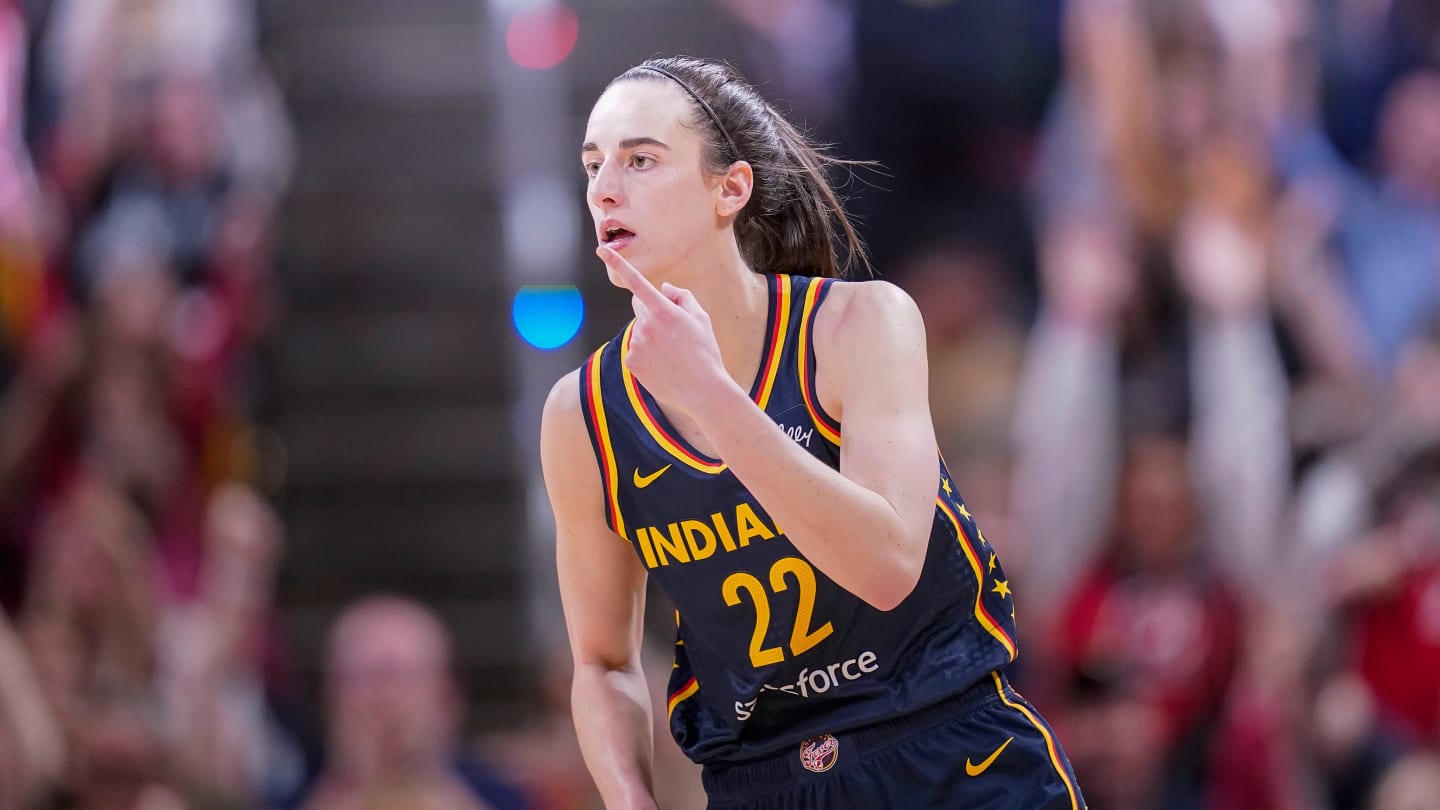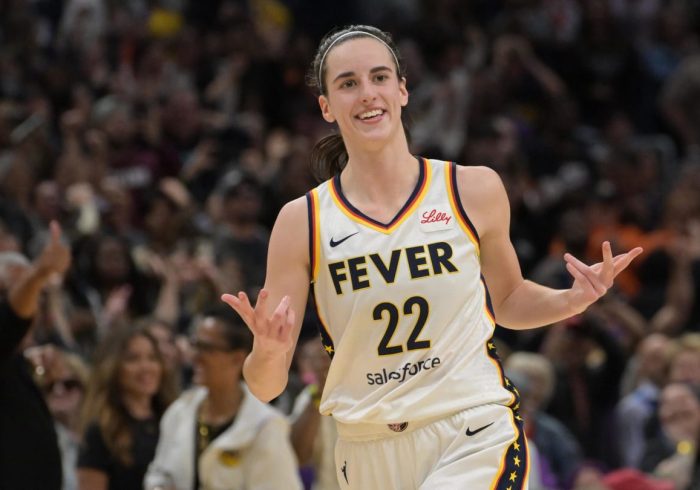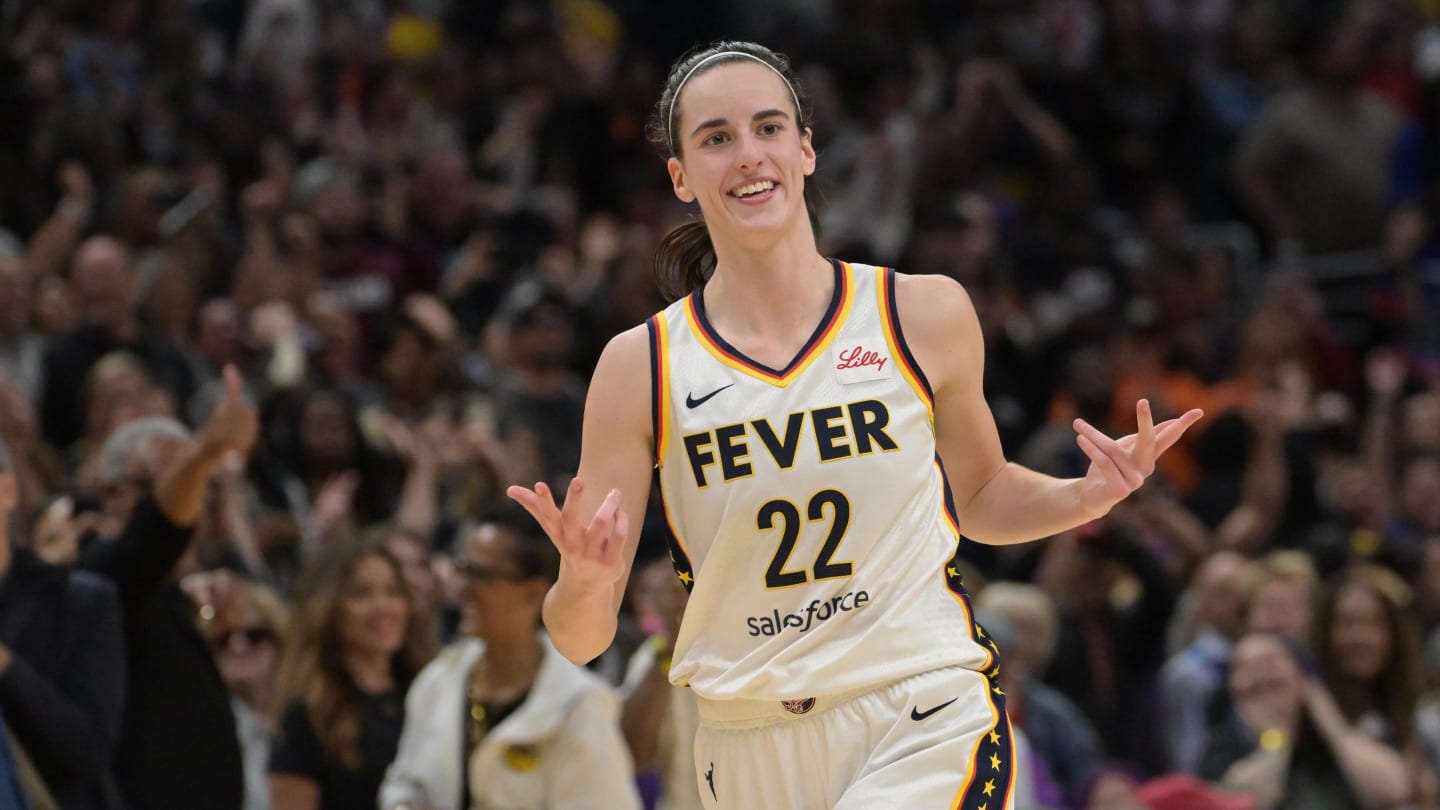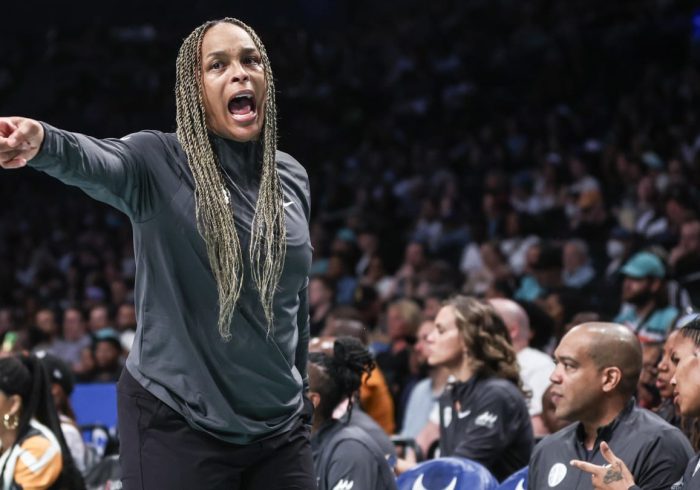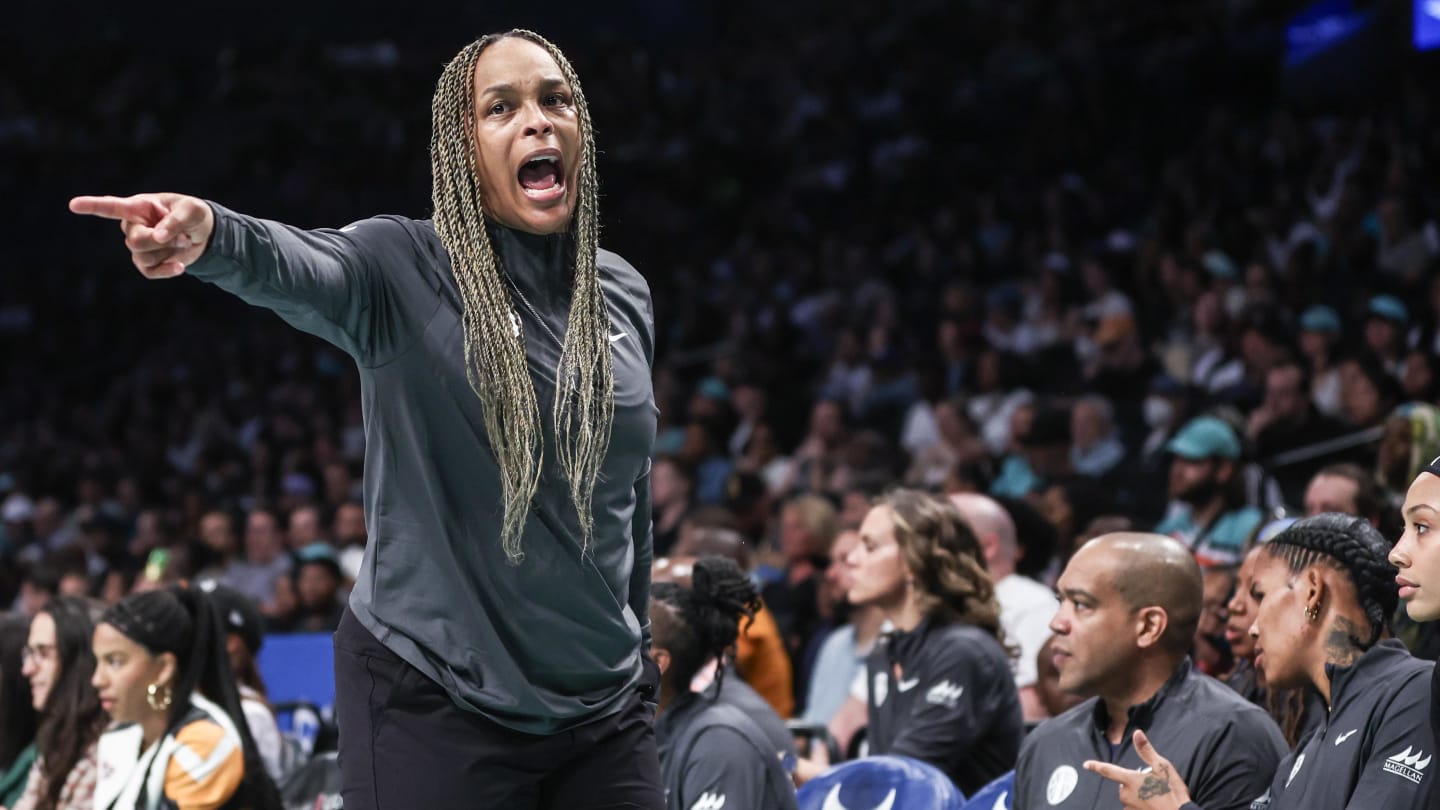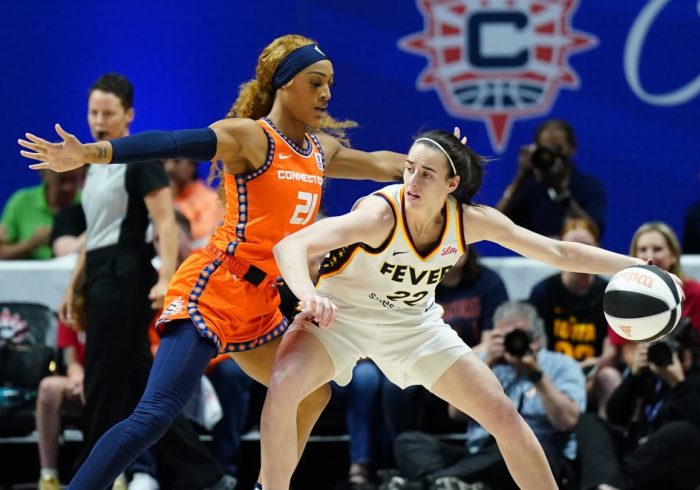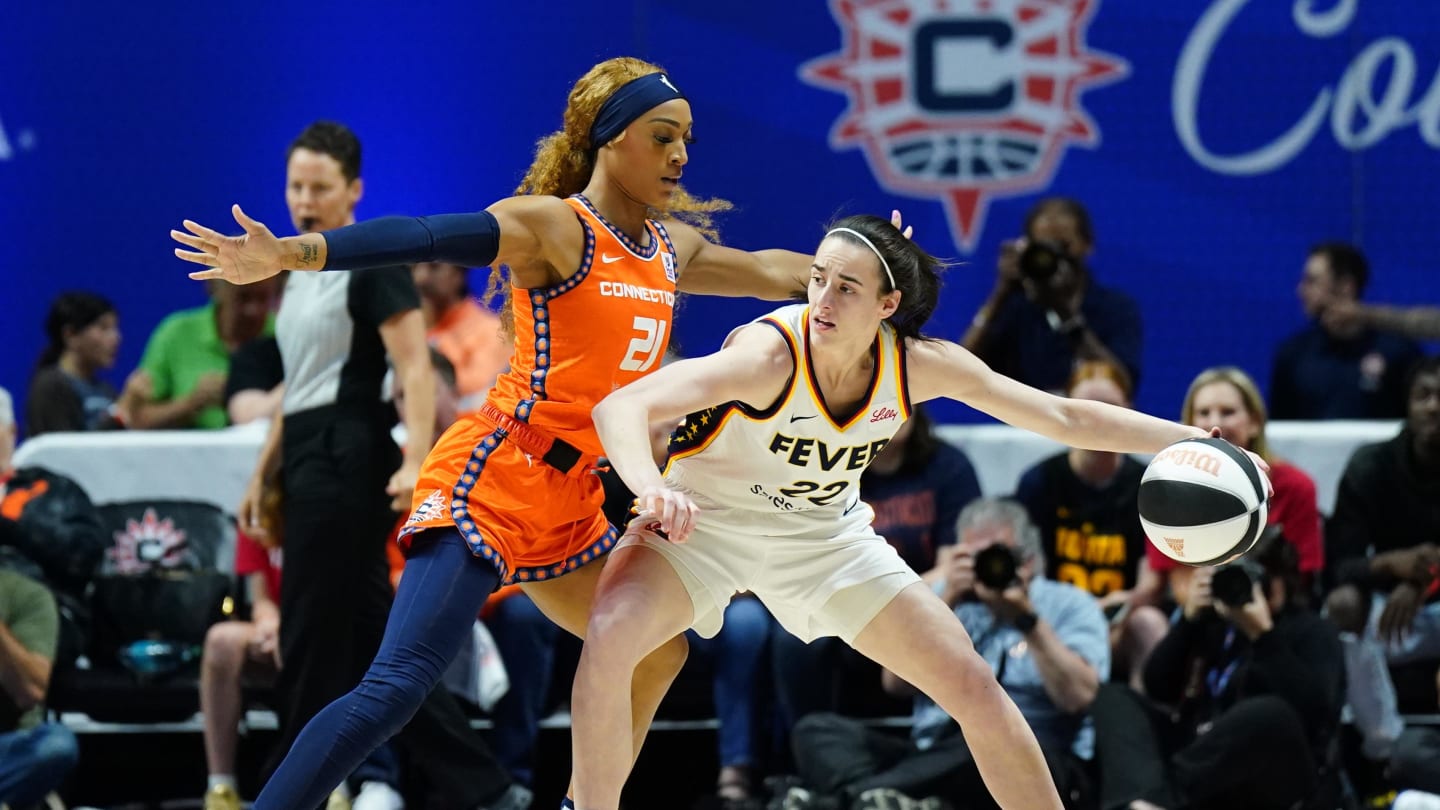The Indiana Fever have been the hottest ticket in women’s basketball, having hosted the largest audiences in the WNBA throughout the first few weeks of the season.
Since drafting former Iowa Hawkeyes superstar Caitlin Clark with the No. 1 pick in the 2024 draft, the Fever have been selling tickets at unprecedented rates. In fact, the Fever’s home attendance through five games this season has already surpassed their total home attendance from last year, according to Front Office Sports.
Data from Across the Timeline indicates that Indiana is averaging a league-high 16,571 fans at their home games. They’ve already had a total attendance of 82,857 in their first five home games, which is more than their 2023 season total of 81,336, which was the second lowest in the league.
No team in the WNBA averages more fans home or away than the Indiana Fever.
Caitlin Clark’s Fever has already broken its franchise attendance record set last season—in just five games.
More ⬇️
— Front Office Sports (@FOS) June 4, 2024
The impact Clark has had on ticket sales is undeniable. The Fever averaged an attendance of 4,066.5 fans last year, a figure which has more than quadrupled in ’24.
That impact extends to the road, too. The Los Angeles Sparks hosted the league’s largest crowd at a single game this season when 19,103 fans poured into the Crypto.com Arena for a matchup against Clark and the rest of the Fever.
In fact, in all but one of the Fever’s road games this year, the home team has had their highest attendance of the season. The only exception was the Las Vegas Aces, as their home opener had a slightly larger turnout than their matchup against Indiana. At road games this year, an average of 15,315 fans have turned up to see the Fever, coming in well ahead of the Sparks (11,104).
